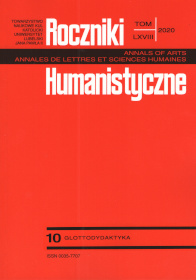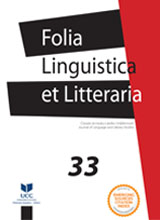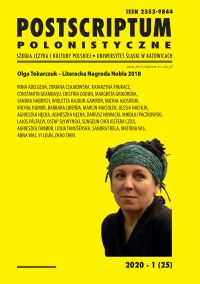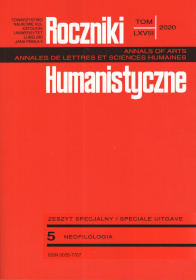
Praktyka przekładu w dydaktyce gramatyki języka polskiego jako obcego w grupach ukraińskich (wschodniosłowiańskich)
In this article, both the theoretical assumptions regarding the technique of didactic translation in teaching foreign languages and the translation practice of students learning Polish as a foreign language, and whose own first language also belongs to the East Slavic group, are discussed. The specificity of the East Slavic groups is based on particular problems with accuracy while communicating in Polish. The large number of interlingual grammatical errors in these groups has prompted the use of translation exercises in both directions, at the level of the word, the sentence, as well as the whole text. Such exercises are suitable for dealing with interlingual errors by means of the observation of contrasts and analogies of forms and structures in both the source language and the target language, thus motivating further mastery of the language. In this article, examples of such translation exercises – introductory, consolidatory and testing – are presented.
More...


